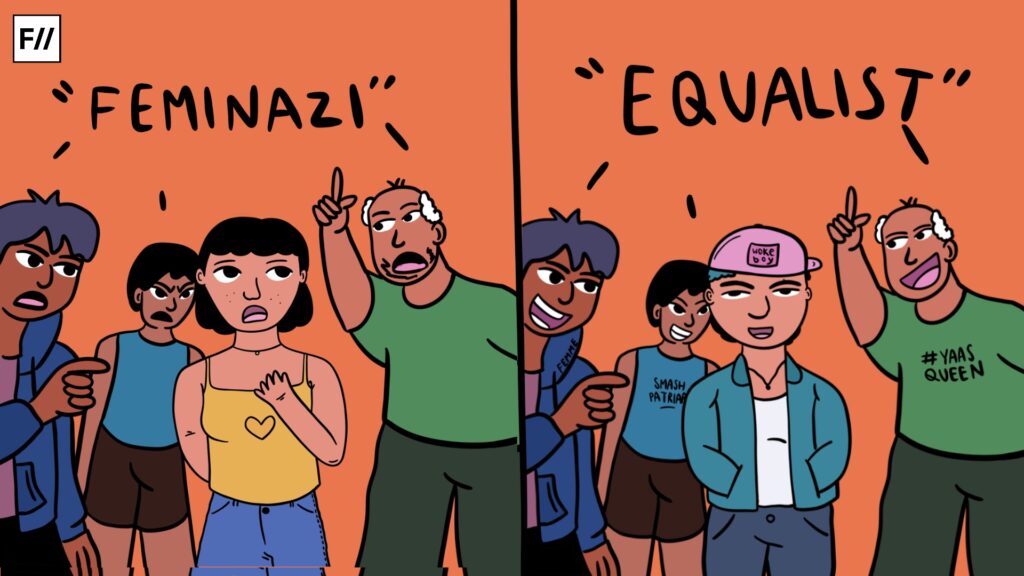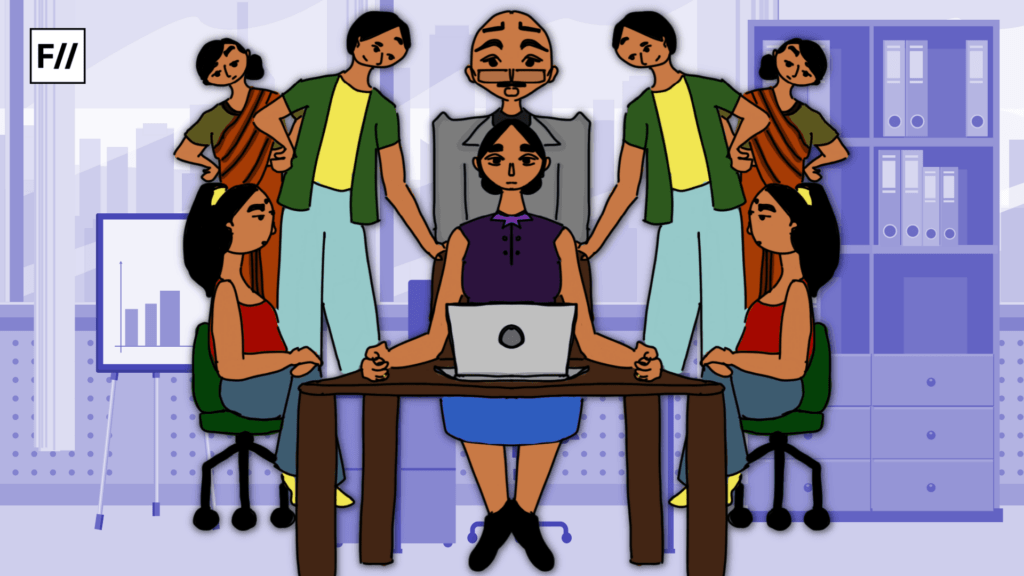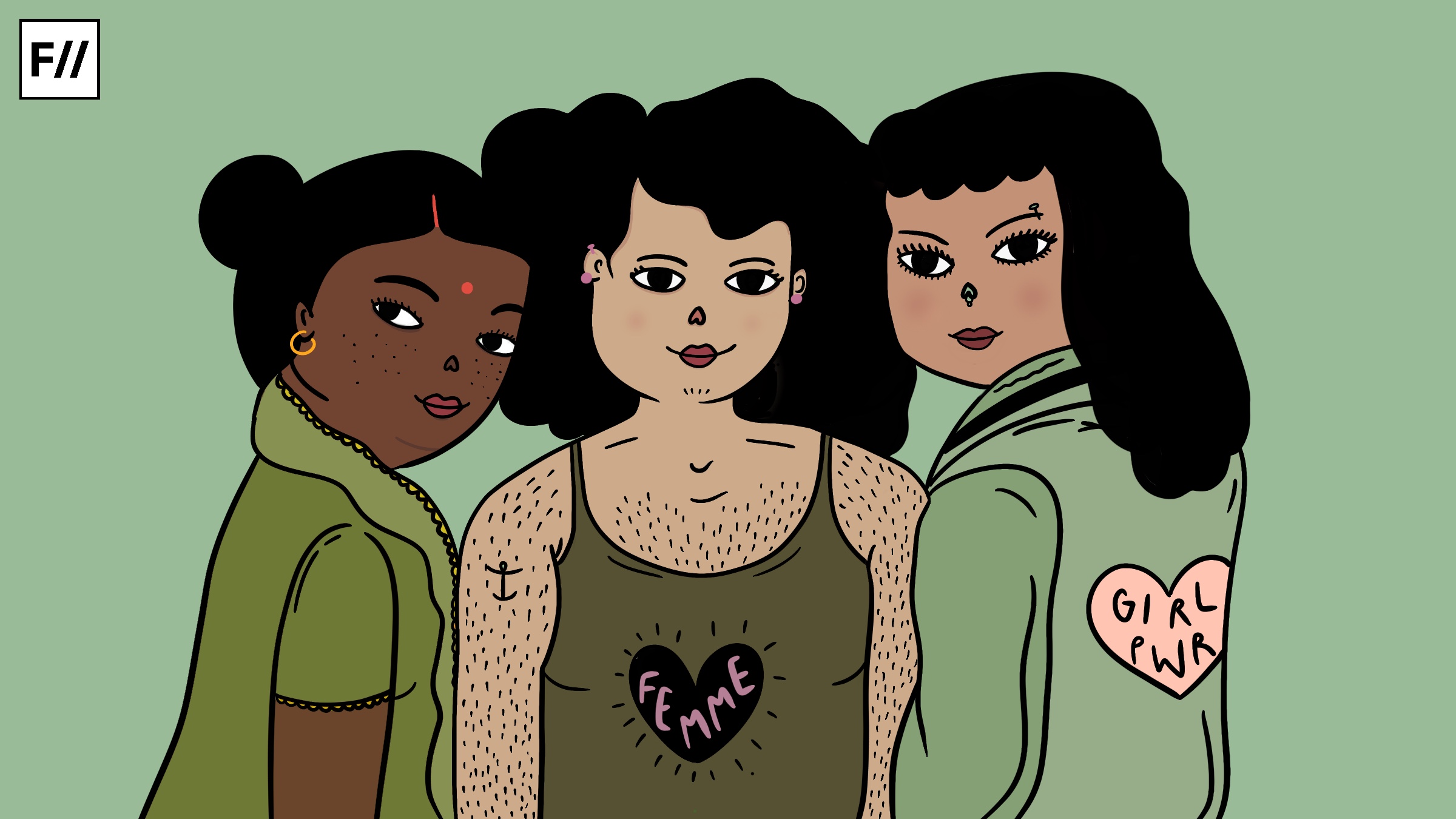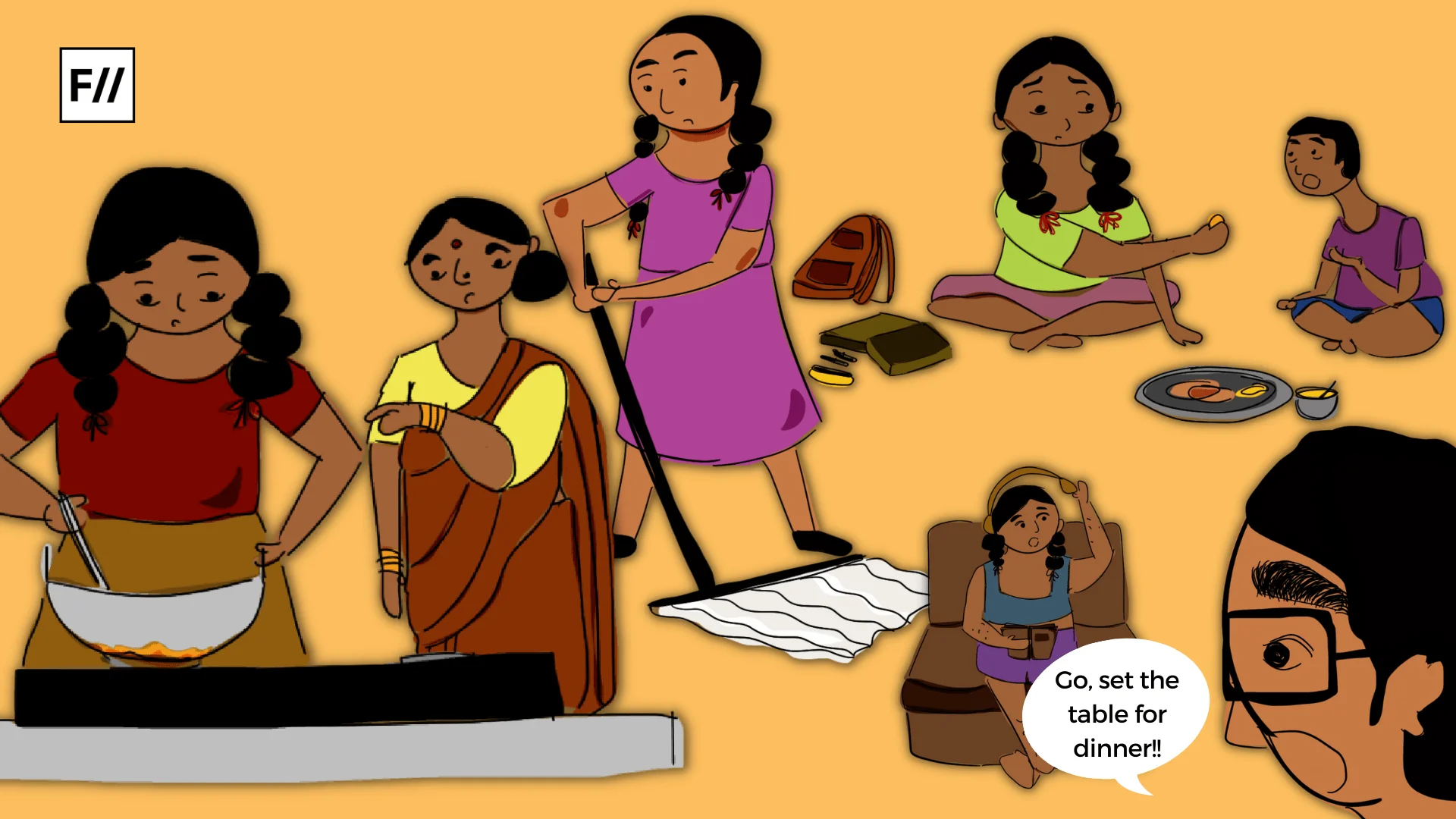New Zealand Prime Minister Jacinda Ardern and Finland Prime Minister Sanna Marin met last year to discuss their countries’ future in trade and sustainable development. But, what was supposed to be the first-ever meeting between the two Prime Ministers soon turned to be a controversy. This happened during a press conference, where one reporter asked the leaders about the purpose of their meeting and questioned if their similar age and career were the reason for it or if they had anything to discuss concerning the well-being of Kiwis (the people of New Zealand).
Prime Minister Ardern responded by asking the reporter if he would have posed the same question to former US President Barack Obama and John Key, the former Prime Minister of New Zealand. Prime Minister Marin on the other hand sternly replied that they were meeting because they both were Prime Ministers and not because they are of the same age or gender. While both Marin and Ardern are among the few female Prime Ministers in the world, they are also two of the youngest. But, despite their respective roles, they are still questioned and reduced to being two women at their workplace. However, is this really shocking?
Within the context of India, women for years have contested in elections and many of them have even attained powerful positions like that of President and Prime Minister. They continue to battle with the lacking political structure and infrastructural barriers like the absence of clean toilets or safe accommodation for women during field trips. J. Devika, a women’s rights activist and social critic from Kerala, talks about women’s role in politics as “a male bastion, and women are discouraged from entering it on the pretext that it is not a ‘feminine’ profession”.
Also read: Benevolent Sexism At Workplace: Subtle, Difficult To Identify, But Detrimental To Self-Worth
For decades, women have been struggling to find their voice in workplaces, be it in parliament or in a factory. Women continue to fight the battle for equal wages and equal opportunities unlike men who work in similar positions. However, they have always been provided with mediocre jobs that are made to serve men.

Remember those office advertisements, where women are often given the role of secretary or those films where female leads are supposed to be daddy’s little princess who knows nothing about work and only plays the love interest? Yes, those films. In reality, women have come a long way in terms of their position at workplace; however, they continue to face subtle discrimination and casual sexism on a daily basis.
Starting from what they wear to whether they are married or not, women all over the world have faced discrimination at their workplaces at some point in time.
For example, I recently met Rohan, a 31-year old who operates his start-up from the same building I live in. He talks about his experience of gender discrimination at the workplace. He says he was stopped by the guard for wearing shorts, when asked what was the issue, the guard replied that “Agar aap phenogay toh larkiyan bhi pehen k aayegi (If you dress up like this, then women will start doing the same).”
While Rohan shares his experience, many women expressed their frustration at their workplaces where their male colleagues often dispense their reaction and reduce it to their periods by saying things like “Are you PMSing, then why are you reacting like this?”.

According to a research report by Mckinsey, we are experiencing what is called the “Great Break Up” as more women are demanding better wages and better treatment from their workplaces. Gone are the days when the roles available to working women were those that served men and their tasks. This report talks about certain criteria that women are setting up for themselves to excel in their careers and take up leadership roles.
Also read: ‘My Boss Kept Complimenting My WhatsApp Dp’: Addressing Subtle Forms Of Harassment
As a result of this, a mass number of women are leaving their jobs to seek better opportunities. As the report claims “young women are even more ambitious and place a higher premium on working in an equitable, supportive, and inclusive workplace. They’re watching senior women leave for better opportunities, and they’re prepared to do the same”.
As more and more women enter the workplace, they tend to claim their space through different methods. Wondershare, a global leader in software development recently launched Claim Your Space Campaign that seeks to empower working women and encourage them to inspire other women by sharing how they have claimed their space in the workplace. Their technology is powerful, and the solutions they provide are simple and convenient. They are trusted by millions of people in over 150 countries worldwide. They have also helped their users pursue their passions so that, together they can build a more creative world.

People can use this campaign to claim their space. Be it by wearing the clothes of one’s choice, creating boundaries at the workplace, having a community that supports your work or by having a flexible work environment for women. Therefore, Wondershare has created a platform where women can go and write about their way of claiming spaces. One can find women from all over the world, from different cultures and backgrounds, sharing their experiences at the workplace and how they empower themselves.
Also read: ‘Dear Sirs’: The Exhausting Ordeal Of Pushing Through Workplace Sexism
They have also created some highlights and filters which can be used to make stories look sharper, bolder and brighter. So, are you a woman looking to stand up and empower other women? Then you should share your story with others by using the Wondershare platform.
About the author(s)
Vedika is an intersectional feminist who uses cinema and everyday experiences to talk about issues rooted in the vernacular. She loves to bake and travel around the country to explore different cultures and write down people’s stories. Vedika hopes to get an opportunity to cover such stories around the world. She is also a romantic who loves to read poems, personal essays and won’t mind vibing to slow songs




